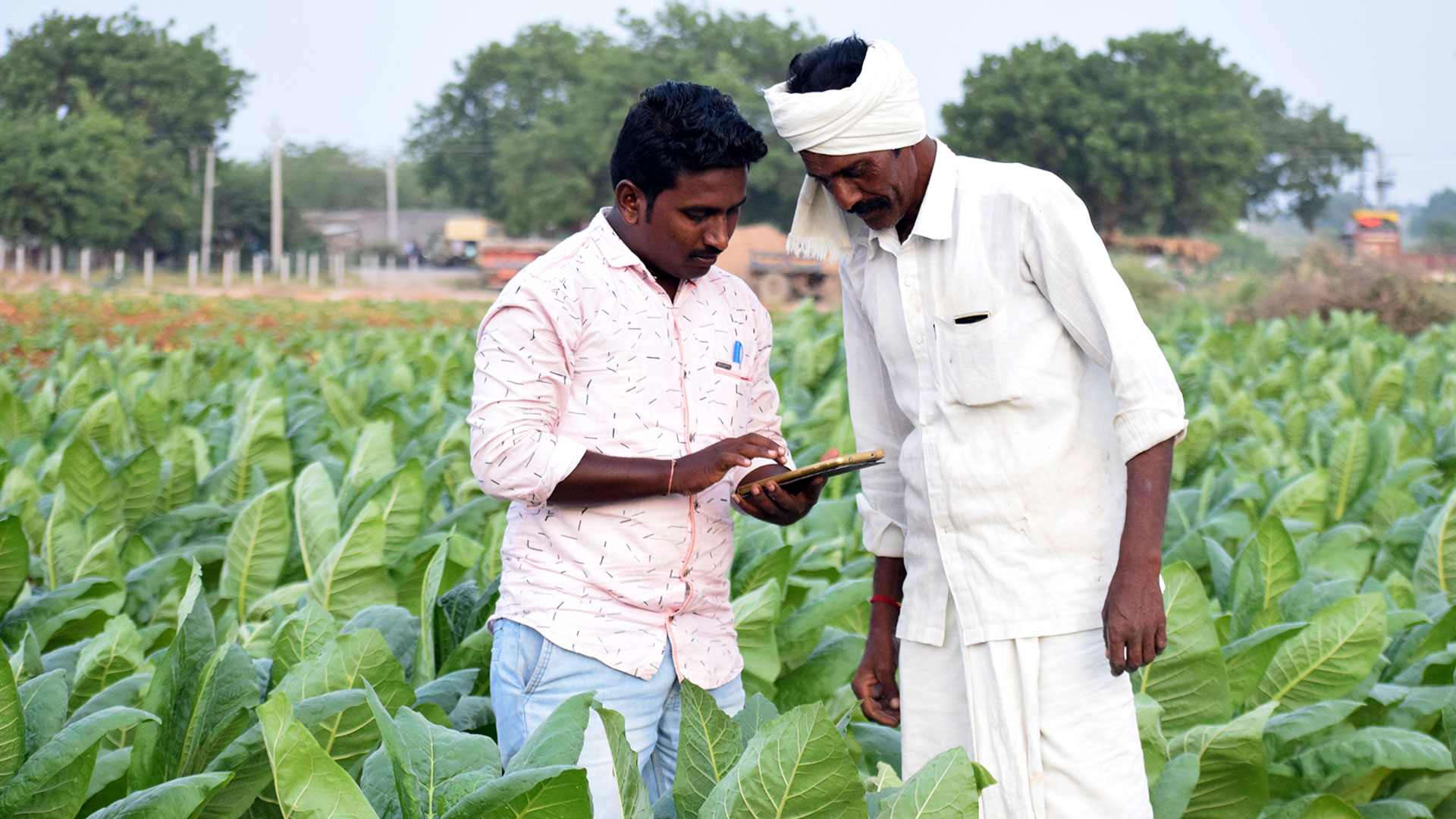Introduction
British International Investment has been investing in developing countries since its inception in 1948, making us one of the most experienced development finance institutions operating across Africa and Asia.
In recent years, we’ve started to see a new and growing interest in the world of impact investment. We’re seeing new investors – beyond the usual institutional investors – entering the impact space – including in emerging markets – and an entry point for some of these investors is impact investment funds sponsored and managed by fund managers.
With over twenty years’ experience investing in funds, we have reflected on lessons learned from our portfolio, including challenging investments – an example of which is our experience investing with the former Abraaj Group. We have used these lessons to improve the way we approach making and managing fund investments.
Here we share some of these key lessons to provide useful guidance and action points for other investors exploring opportunities to invest in emerging markets and impact-driven funds.
Guidance
Conduct due diligence throughout the lifecycle of your investment
- As well as conducting due diligence on the prospective fund (e.g. on its strategy, the team who will be managing it, the legal terms), diligence should also be carried out on the fund manager (e.g. its financial health, governance structures, internal procedures, and sustainability) – for each investment. It’s important to do this even if you have an existing relationship with the manager or have investments in multiple funds across a platform, as this ensures a consistent and robust approach to due diligence and helps reduce bias.
- If it’s a new relationship with a manager, it’s critical to conduct a thorough referencing exercise with existing and former investors in the manager’s funds as part of the due diligence process. Gathering information on the experiences of existing and former investors can provide valuable insights into how a manager manages its fund(s) and its investor relationships, including the quality and timeliness of its reporting and communications.
- Due diligence on a manager and its fund(s) should not only be carried out before the start of the relationship. Appropriate monitoring processes should be implemented after investment. Securing investor rights to request and receive information on the financial condition and governance of the manager, and any material events at a manager (such as a significant team member departure, or a change of control) assists with the monitoring of your investment in the fund, encourages transparency and should allow you to investigate any warning signs that may arise at a fund, at a manager or within the wider manager group.
Secure robust investor protections
- The fund’s governing documents should include robust investor protections. Experienced fund managers often seek to improve their own terms as their fund portfolio and size grow while chipping away at investor rights, but you should resist this, particularly in the case of fundamental investor protections, including removal of the general partner/manager (both on a without fault, and on a for cause basis), time devotion by key persons, and ensuring that confidentiality provisions don’t restrict an investor’s ability to enforce its rights under the fund documents. Having an internal set of minimum standards that must be achieved for each fund investment will help you ensure consistency of protections across your portfolio and provide clear guidance for your deal teams and their lawyers when negotiating fund documentation.
Clear relationship management
- Having a single ultimate owner of your organisation’s relationship with the manager helps ensure that there is a clear view across all of your exposures to a manager. There is a greater chance of spotting opportunities and red flags where you have a single relationship lead who is sighted on all on-going transactions with a manager, and potential prospects and issues can be acted on more efficiently and effectively.
Plan ahead for stresses
- Developing a plan to deal with potential stressed investments can assist you to move quickly if the need arises. This may include identifying alternative courses of action for the fund’s investors where the relationship with a manager has deteriorated, or there is actual or suspected wrongdoing by the manager. It could also include building relationships with external parties who specialise in stressed situations whose expertise can be drawn on quickly when necessary. Determining an internal position upfront on how forceful you are willing to be in taking steps, including legal steps, to protect your investment means you will be better placed to act quickly if necessary.
Build relationships with fellow investors
- Knowing who your fellow investors are and fostering relationships with them at multiple levels of seniority, will allow you to coordinate more effectively when the need arises. Well established channels of communication, including through investor advisory committees, are fundamental to ensuring that investors can communicate openly with each other on issues that arise, and coordinate in taking actions to protect the interests of the investor group as a whole.
Conclusion
While the above guidance is not a comprehensive list of all the checks and balances that fund investors should have in place when managing their investment portfolio, these are areas of increased BII focus in recent years. Our thinking and pursuit for best practice will continue to develop as we learn lessons from the fund investments we make, the evolving investment funds market, and the countries where we invest.





